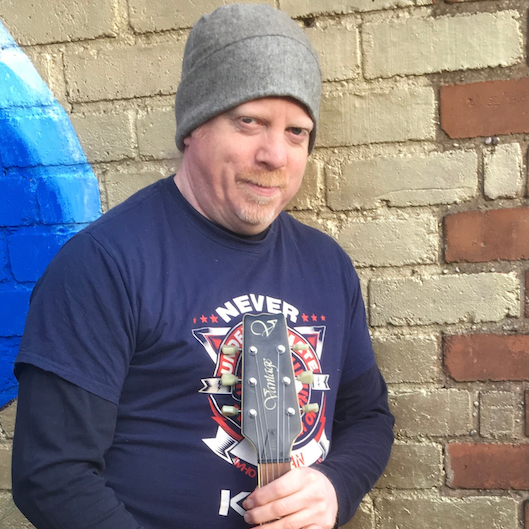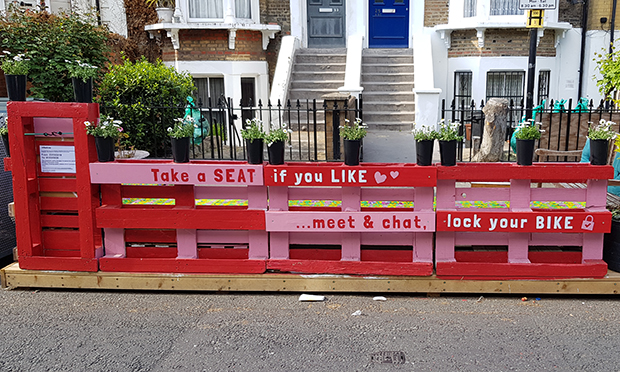Just over a week ago, I came back from holiday on Fuerteventura. We were upbeat. Coronavirus was running in the periphery. Not really relevant. Far away. I am a scientist with a doctorate in engineering and I got it wrong.
In just one week, everything changed. Why? Because we don’t have a feel for exponential growth. Because this has not happened before. On Saturday I downloaded the existing case data and fitted an exponential function – that’s the picture in the header. The outcome? We were 11 days away from 25,000 cases – more cases than it took for Italy’s health system to collapse, and they have a good system. I finally understood, although most others still did not.
What I think the last week has shown is that judgement can rapidly change. Only a week ago I told a contact that we can meet this week because of the low local caseload which stood at 2. I genuinely believed that, and that was the gospel of my working group. This week, we are close to total shutdown, no non-essential contact, no travel. Seven days in between!
What the last week has also shown is the breadth of opinions associated with the situation. And that’s what this contribution is about. Lots of people hate Boris Johnson and the Tories and I am no fan either. But this is not the time. At present, decisions are not made on a whim and by individual players. We have the country’s best scientists on the case, modeling outcomes and informing policy. It does not matter who the majority party is and what you think of them. They are not calling the shots. Pause. Give people a chance and stop shouting at them.
In a situation like this, I think we should ask ourselves a few questions before taking to social media broadcasting opinions and re-iterating clever sounding buzzwords like ‘herd immunity’ that no-one ever planned at mitigation:
- What would I do?
- What are the pros and cons of alternative approaches?
- What can anyone realistically do?
- How would people react?
Let me share a few scenarios, because I don’t know the answer either. I know businesses are struggling, people are anxious, nothing is clear. But how can it.
1. “We should have shut everything down weeks ago”
And then what? The majority of people I know did not think a few weeks ago that there was a problem. People were planning large events, sending invites, partying. How many do you think would have complied? How long until they got fed up? How many would have let their business die because of something intangible? Who was able to look after their kids at home? Would there even have been a point? Who would have paid for all the losses? And the biggest question – AND THEN WHAT? You can’t shut people away forever. They get tired of what they perceive to be nonsensical, and get back out, and things continue. So we need to consider timing to optimise impacts of psychology, economy and pathology.
2. “The government is not putting things in place fast enough”
How fast do you want this to happen? A week ago half the country thought the virus was a media hoax designed to sell newspapers. Think about your own workday. How realistic is it to implement a financial and social care package that has not been seen outside war times? A f****** day? To even put the data and forecasts together would take a scientist weeks under normal circumstances. Give people a chance. Do you want to announce a shut down on a Friday so that people can use their weekend off work to stab each other over loo roll, or would you announce it on a Monday? Do you make announcements just after shops have closed, or just when they open? What would you do to manage mass panic?
3. “The government is purposely shafting small businesses, the arts, hospitality and community sectors by not officially shutting them to protect insurance companies”
And why would they do that? What would you do? Go from a soft announcement on Friday evening to a total lockdown and forced closure on a Monday? How many people would get a heart attack from that, less than might die of lack of beds? Plus – what is the better negotiation: keep venues open to pass the decision to the owner while confirming with insurances that they will pay out anyway OR shutting everything – what do you think we be the larger total payout for insurances? Maybe this was rather clever for businesses that can adapt to e.g. delivery?
4. “The government want half the country dead to sort out pensions”
Your Mom!
So – what I am trying to bring across with this article to think beyond the rage, the political affiliation, the herd response (pardon the pun) of the bubble. Things are for from perfect, optimal, secure. Things are crumbling left right and centre. But I also believe it’s the time to give credit where credit is due while sanity checking responses. What do other countries do and how do we track? The first question in a news conference that announced a massive care package “shouldn’t you have done this a week ago” or “are you ashamed of your dad going to the pub” – How about “thank you for implementing these measures, what are the risks and how can we help?”








